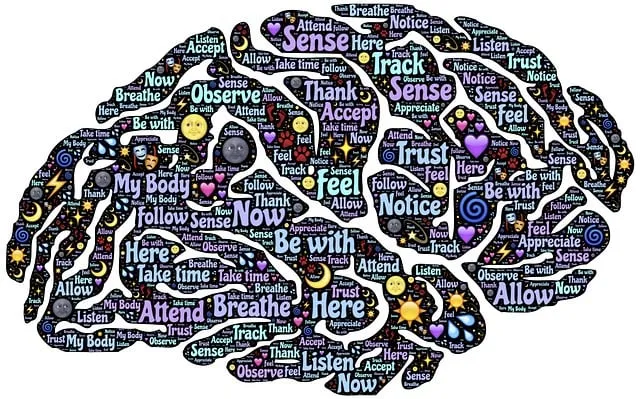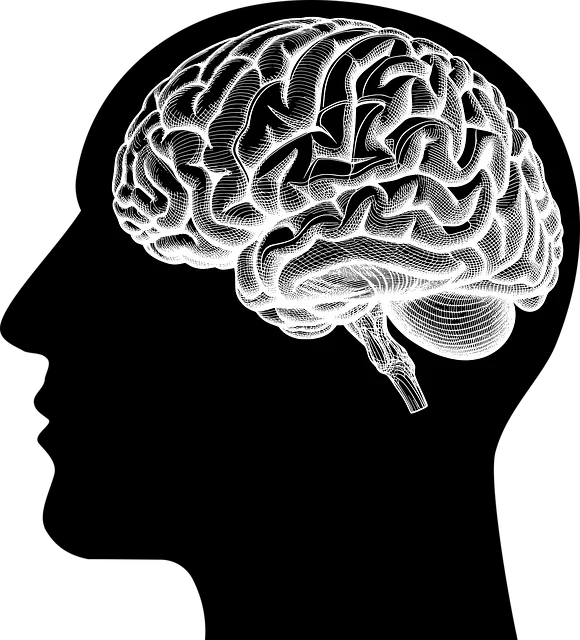The Englewood Kaiser Permanente Mental Health Access Center is addressing the unmet needs of its community by developing and implementing innovative, user-friendly self-assessment tools for mental wellness. Combining evidence-based practices with a tailored design, these tools empower individuals to manage their mental health directly. Through training sessions, healthcare professionals learn to effectively integrate these assessments into patient care, enabling early detection and proactive interventions. The center's success is evident through increased patient engagement, improved identification of mental health conditions, positive feedback, and reduced staff burnout. This holistic approach positions the Englewood Kaiser Permanente Mental Health Access Center as a leader in enhancing local mental health care access.
Mental wellness self-assessment tools play a crucial role in identifying and addressing individual needs. This article explores the development of such tools at Englewood Kaiser Permanente Mental Health Access Center, focusing on understanding the gap in mental health support. We delve into designing effective assessments incorporating evidence-based practices and user experience, and discuss implementation strategies for widespread adoption. By measuring success through various metrics, Englewood Kaiser Permanente aims to revolutionize mental healthcare accessibility.
- Understanding the Need for Self-Assessment Tools: Exploring the Gap in Mental Health Support at Englewood Kaiser Permanente
- Designing Effective Self-Assessment Tools: Incorporating Evidence-Based Practices and User Experience
- Implementation and Impact: Strategies for Widespread Adoption and Measuring Success at Englewood Kaiser Permanente Mental Health Access Center
Understanding the Need for Self-Assessment Tools: Exploring the Gap in Mental Health Support at Englewood Kaiser Permanente

At Englewood Kaiser Permanente Mental Health Access Center, there’s a growing recognition of the need for comprehensive self-assessment tools to address the complex landscape of mental wellness. The center, dedicated to improving mental health access and care within the community, has identified a significant gap in available resources tailored to individual assessment and early intervention. This need is especially acute given the diverse nature of mental health concerns affecting folks in Englewood and surrounding areas.
The absence of easily accessible, user-friendly self-assessment tools hinders proactive emotional well-being promotion techniques and effective stress management workshops organization. The Community Outreach Program Implementation at Englewood Kaiser Permanente aims to bridge this gap by developing innovative, evidence-based assessment tools that empower individuals to take charge of their mental health journey. By integrating these tools into existing programs, the center anticipates enhancing early detection, intervention, and overall community resilience.
Designing Effective Self-Assessment Tools: Incorporating Evidence-Based Practices and User Experience

Developing effective self-assessment tools for mental wellness requires a thoughtful blend of evidence-based practices and user experience design. At the Englewood Kaiser Permanente Mental Health Access Center, we’ve found success by incorporating strategies that promote self-awareness exercises, encourage positive thinking, and support mood management. These tools are meticulously crafted to cater to diverse needs, ensuring accessibility and usability for all users.
By integrating evidence-based techniques, such as cognitive behavioral therapy (CBT) principles and mindfulness practices, our self-assessment tools offer valuable insights into mental health states. User experience is paramount; intuitive interfaces and engaging formats make these assessments approachable, fostering a sense of comfort and encouraging regular use. This holistic approach not only aids in early detection but also empowers individuals to take an active role in their mental wellness journey.
Implementation and Impact: Strategies for Widespread Adoption and Measuring Success at Englewood Kaiser Permanente Mental Health Access Center

The successful implementation of mental wellness self-assessment tools at the Englewood Kaiser Permanente Mental Health Access Center has sparked interest in their widespread adoption. Strategies for this involve tailored training sessions for healthcare professionals, emphasizing the tool’s user-friendly design and clinical utility. By integrating these assessments into routine patient interactions, center staff can proactively identify individuals at risk and deliver targeted interventions early on, potentially reducing the burden of mental health issues.
Measuring success is an ongoing process, focusing on key indicators such as increased patient engagement in self-assessment, improved identification rates for common mental health conditions, and positive feedback from both patients and healthcare providers. The center’s Mental Health Awareness and Education Programs Design initiatives play a pivotal role in this, fostering a culture of open dialogue about mental wellness. Additionally, tracking the impact on burnout prevention among staff is crucial, as it directly correlates with the overall success and sustainability of these innovative practices.
The development of mental wellness self-assessment tools is a game-changer in addressing the gap in mental health support, particularly at Englewood Kaiser Permanente Mental Health Access Center. By incorporating evidence-based practices and prioritizing user experience, these tools offer accessible and personalized resources for individuals to assess their mental well-being. Through widespread adoption and measured success, the center can enhance its services, foster a more inclusive environment, and ultimately improve patient outcomes in the vibrant community it serves.






